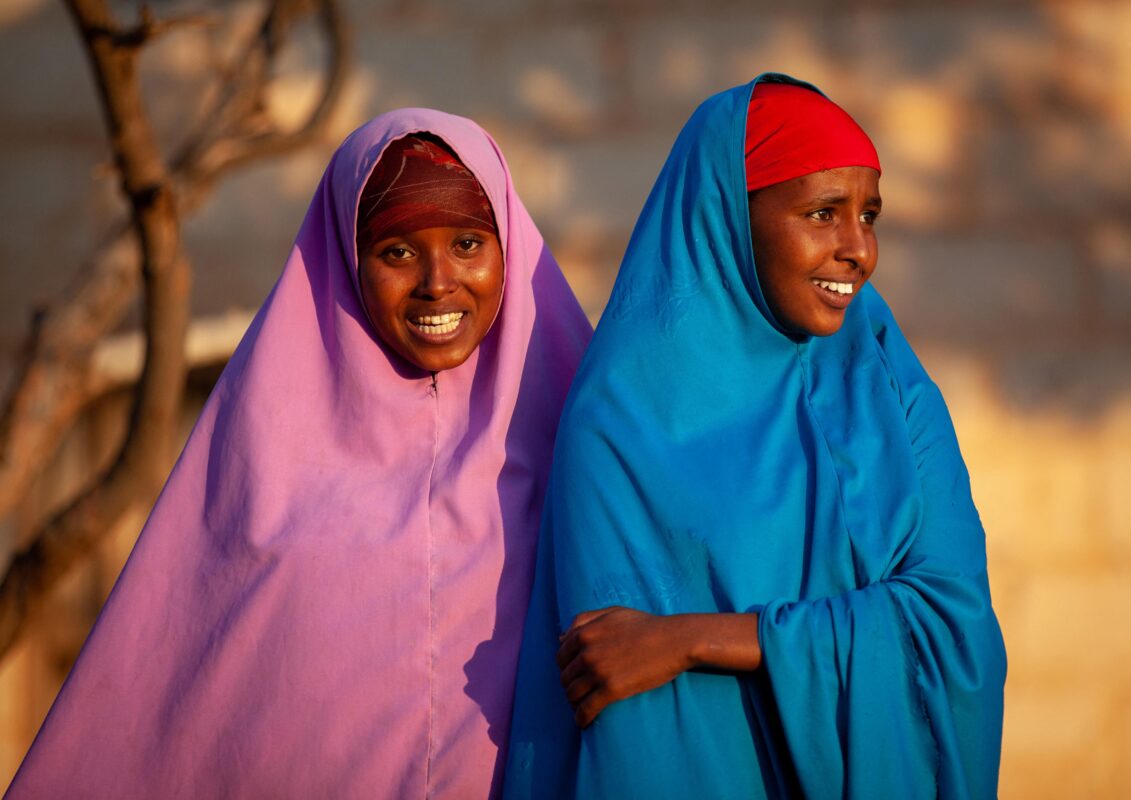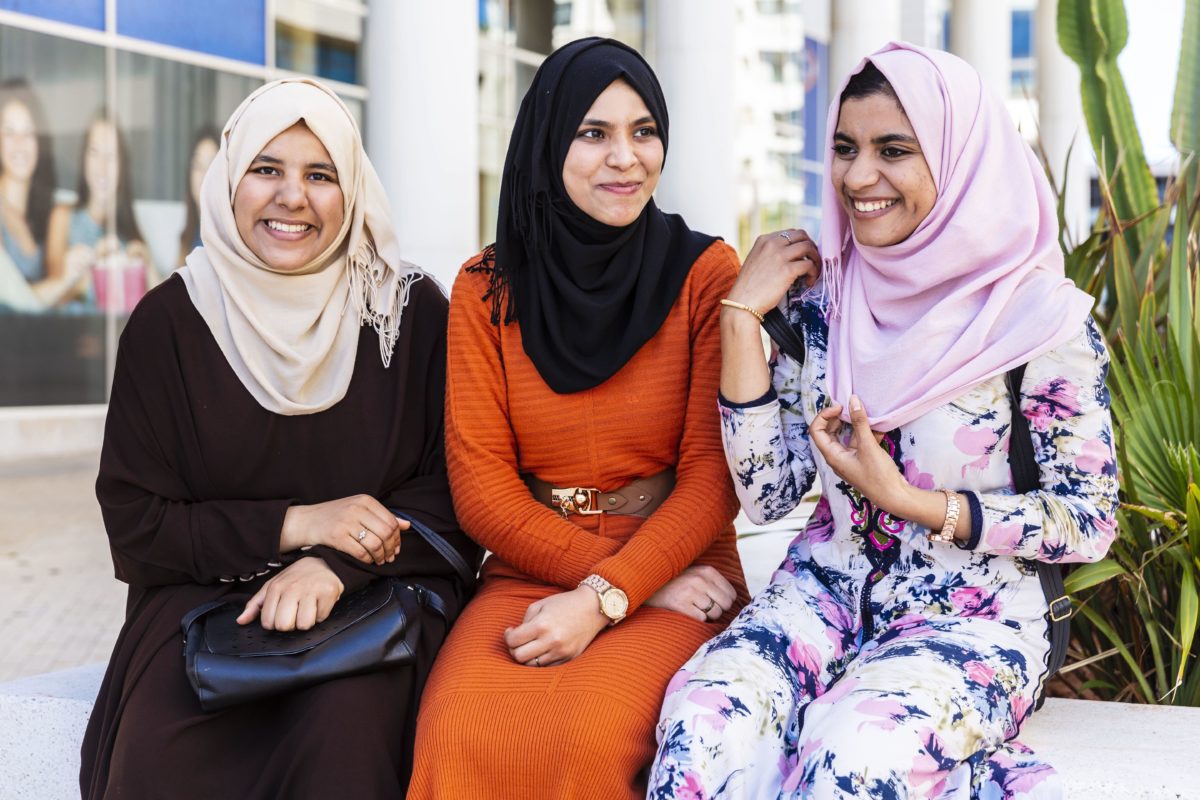How can we provide appropriate support to women and girls using trauma-informed approaches?
With incidents of conflict and gender-based violence (GBV) on the rise globally, how can the development sector support trauma survivors so that they can more fully engage in assistance programming? We interviewed Dexis team member Natalia Vîlcu for her expertise on trauma-informed approaches.
As the United Nations Population Fund notes, GBV is “one of the most prevalent human rights violations in the world,” with an estimated one in three women experiencing physical or sexual abuse during her lifetime. In areas affected by conflict and fragility, this can heighten women’s vulnerability to trauma, especially for those with multiple marginalized identities such as women with disabilities and women from ethnic and religious minorities.
“Conflict increases GBV—torture, forced marriages, etc. Women and girls in conflict areas are targeted with sexual violence as a tactic of war,” says Natalia Vîlcu, a human rights lawyer and Dexis Chief of Party on USAID’s Model Court Initiative.
Additionally, displacement, whether from conflict or other reasons such as natural disasters, can separate women from their support systems and increase their exposure to GBV, including sexual violence and exploitation.
However, when development actors employ trauma-informed approaches to their work, they can minimize the possibility of retraumatizing survivors and provide appropriate support that recognizes survivors’ agency and resilience. The USAID Center for Conflict and Violence Prevention also stresses that employing trauma-informed approaches can aid in disrupting the cycle of violence itself.
Natalia emphasizes the importance of recognizing not only the specific cultural context in each country but also the underlying gender and other power dynamics that contribute to the perpetuation of violence. “We need to understand the phenomenon of violence against women,” stresses Natalia. “Any assistance should start from a trauma-informed approach. Through improved responses, we can all make sure that women and girls live in a safer environment.”
Trauma-informed approaches for development teams can include the following:
- Focus on creating an environment where survivors feel safe and have options.
- Prioritize active listening when working with survivors to help determine their needs.
- Give survivors full control over their choices and empower them to take action.
- Conduct research to better understand local perspectives on mental health and trauma.
- Review program materials to ensure sensitive choices in language and imagery.
- Map out referral pathways for local, culturally competent psychosocial and health services in advance to offer needed support in the moment.
- Maintain confidentiality of records and survivors’ stories, ensuring that all data are handled in secure manner.
- Raise awareness among your team members about what trauma survivors—be it from conflict, GBV, or a combination—may be going through.
- Train frontline teams in trauma-informed approaches, including appropriate ways to demonstrate empathy.
- Have policies and procedures in place to support the wellbeing of frontline staff, who themselves may be survivors or who may experience secondary traumatic stress from hearing firsthand stories of violence from survivors.
Given the widespread prevalence of violence in multiple forms, it’s critical for implementers to universally apply these trauma-informed approaches to programs, regardless of their program’s focus area. This can include, for example, proactively providing information on psychosocial and health services regardless of whether a person has disclosed their status as a survivor or not.
The importance of following trauma-informed practices is gaining more recognition in international development, including being endorsed by the U.S. Strategy to Prevent and Respond to Gender-Based Violence Globally. At Dexis, our Gender Equity and Social Inclusion Working Group and our Conflict Sensitivity Working Group strive to increase learning across the organization on this issue, such as recently hosting a training on trauma-sensitive, trauma-informed, survivor-inclusive practices and programming with a mental health clinician. Together, both working groups look forward to providing guidance across Dexis on integrating trauma-informed and survivor-centered approaches into our work as a key element of implementing equitable, inclusive, and conflict sensitive programming.





